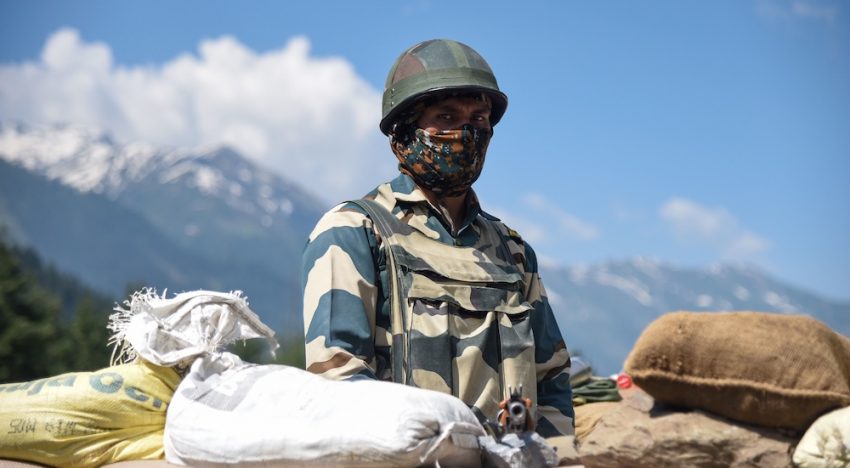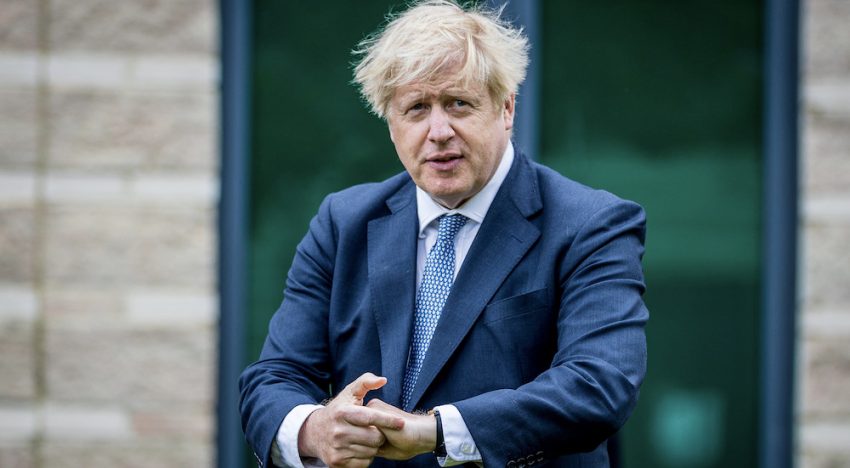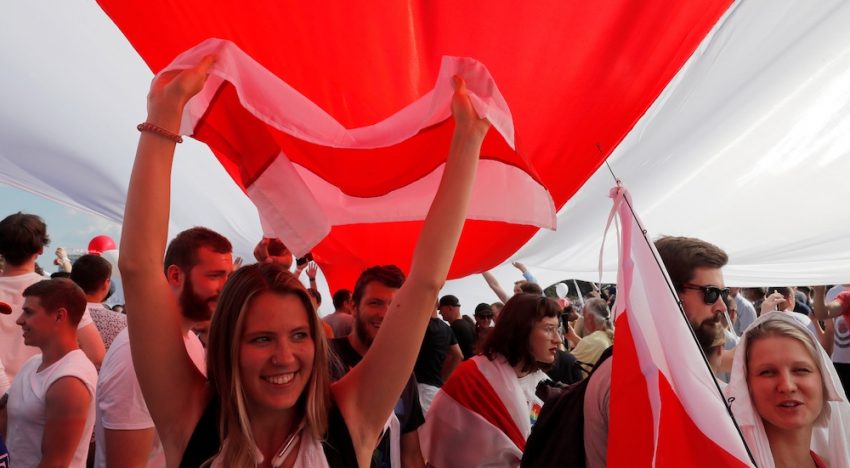Resetting the US-EU Defense Relationship
By rejecting the manner in which the EU develops into a defense actor, Washington risks losing its ability to shape that discussion.
An EU Delayed
On November 1, the UK was supposed to have left the EU, and Ursula von der Leyen was supposed to start her job as Commission President. Neither will happen.
How to Make Carbon Pricing Work
Critics say Germany’s carbon price is too low. But price isn’t the only factor policymakers need to consider.
Enhancing Germany’s Conflict Prevention Strategies
The German government’s three new prevention strategies set high conceptual standards, but they need more focus.
Two Member States Don’t Enter, One Leaves?
Boris Johnson has traded a hypothetical, temporary, all-UK backstop for a certain, permanent one for Northern Ireland only. Meanwhile, France is blocking accession talks with North Macedonia and Albania.
No Earthquake in Poland, But Some Shifts
The right-wing Law and Justice (PiS) party won re-election, but has a tricky four years ahead.
What China’s “Chips Endeavor” Can Teach Europe
China’s efforts to develop its AI chip industry could provide Europe with important lessons.
The Iberian Divide
While Portugal’s António Costa has managed to forge a stable partnership on the left, insurmountable divisions in Spain mean Pedro Sánchez may struggle to form a coalition even if he wins November’s vote.
Weber’s Revenge
MEPs promised Emmanuel Macron they would take vengeance for his destruction of the Spitzenkandidat system. They’ve kept their word.
No Escaping an Arms Export Policy
Ursula von der Leyen is “enthusiastically working toward a defense union.” Without a coordinated stance on European arms exports, this could prove difficult.
Four Times 1989
Thirty years after 1989, we in the West still aren’t sure how to celebrate the anniversary—nor exactly which anniversary we are commemorating.
Europe’s Geo-Economic Commission
Ursula von der Leyen is pushing aside traditional foreign policy in order to focus on an area where the EU has more power: economics.
Close-Up: Josep Borrell
A formidable Spaniard is about to take over as Europe’s chief diplomat, and he will strive to make the EU a heavyweight in international affairs.
Trouble for Von Der Leyen’s Eastern Flank
The European Parliament has rejected the Hungarian and Romanian commissioner nominees, and the Polish nominee is in serious trouble.
The Alliance for Multilateralism: On Thin Ice in Canada’s Election
No matter how Canada’s October election goes, Germany’s multilateral agenda is likely to see a transatlantic setback.
Pariscope: Macron’s Lucky Streak
The changing of the guard in Brussels offers the French president the chance of a new beginning in Europe.
How the Alliance for Multilateralism Can Succeed
Germany and France will officially launch an Alliance for Multilateralism at the United Nations General Assembly. They should consider three policy issues that will make or break the Alliance.
The Climate Chancellor Comes Up Short
Angela Merkel’s government presented a “climate package” that disappointed.
Höcke or Hitler?
A television experiment reveals how close Germany’s right-wing AfD has moved to Nazi language.
Macron Dusts Off the De Gaulle Playbook
Emmanuel Macron has turned to an old strategy: leveraging France’s budding rapprochement with Moscow.
Out Now: May/June 2020 Issue

+++ The coronavirus crisis has brought Europe and the rest of the world to a standstill. What are the effects of the pandemic on international affairs? The future of the EU depends on how it handles the crisis, argues Daniela Schwarzer. Much is riding on the German EU presidency. David Goodhart makes the case for a retreat from hyperglobalization, and Richard Sennett foresees big changes coming to our way of life; Efi Koutsokosta profiles Greek Prime Minister Kyriakos Mitsotakis; Noah Gordon, in his Carbon Critical column, points out that solar, like oil, has its overcapacity problems; and much more +++





























